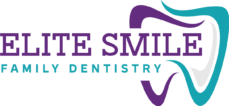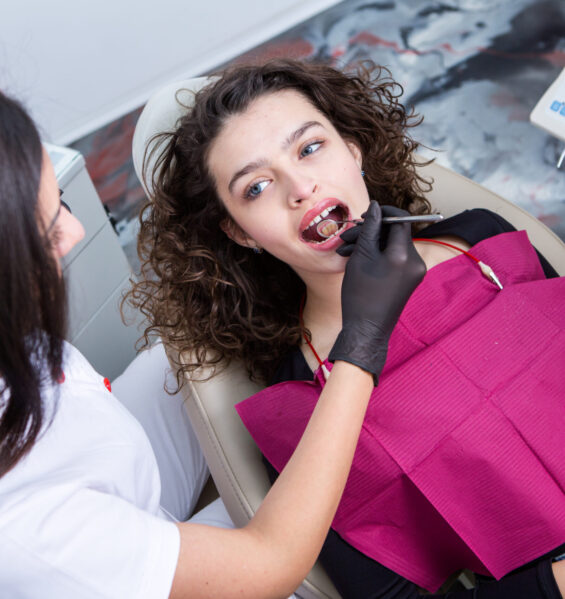Oral Cancer Screening: An In-Depth Guide to Understanding, Preventing, and Detecting Oral Cancer
Oral cancer is a formidable adversary that requires our utmost vigilance. It is a disease that, while often overlooked, can have devastating consequences if not caught early. The importance of regular oral cancer screening cannot be overstated. These screenings are vital for early detection, which significantly improves the chances of successful treatment and survival.
In this comprehensive guide, we will delve deep into the world of Oral Cancer Screening, providing you with essential knowledge and answering frequently asked questions to help you stay informed and proactive about your oral health.
Understanding Oral Cancer
Oral cancer refers to cancer that develops in any part of the mouth, including the lips, tongue, cheeks, floor of the mouth, hard and soft palates, sinuses, and throat. Like all cancers, it begins when cells in the mouth mutate and grow uncontrollably, forming malignant tumors. These tumors can invade nearby tissues and spread to other parts of the body if not detected and treated early.
Types of Oral Cancer
- Squamous Cell Carcinoma: The most common type, accounting for over 90% of oral cancers. It originates in the squamous cells lining the mouth and throat.
- Verrucous Carcinoma: A rare, slow-growing type of cancer that also starts in the squamous cells.
- Minor Salivary Gland Carcinomas: This includes various cancers that develop in the minor salivary glands, such as adenoid cystic carcinoma and mucoepidermoid carcinoma.
- Lymphomas: This can occur in the lymphoid tissue of the base of the tongue and tonsils.
Risk Factors
Understanding the risk factors associated with oral cancer can help in prevention and early detection:
Tobacco Use: Smoking and smokeless tobacco are the leading causes of oral cancer.
Alcohol Consumption: Heavy drinking increases the risk, especially when combined with tobacco use.
Human Papillomavirus (HPV): Certain strains of HPV, particularly HPV16, are linked to oral cancers.
Sun Exposure: Prolonged exposure to the sun can cause lip cancer.
Diet: A diet low in fruits and vegetables can increase the risk.
Age and Gender: Men over 50 are at higher risk.
Genetics: A family history of cancer can increase susceptibility.
The Importance of Oral Cancer Screening
Oral cancer screening is a proactive step in maintaining oral health. It involves a thorough examination of the mouth to look for signs of cancer or precancerous conditions. Early detection through screening can lead to early intervention, which is crucial for successful treatment and reducing mortality rates.
What Happens During an Oral Cancer Screening?
Oral cancer screening is a simple, quick, and painless procedure typically performed during a routine dental check-up. Here’s a detailed look at what happens during the screening:
- Visual Examination: The dentist will look for any abnormalities in the mouth, such as red or white patches, sores, lumps, or swelling. They will also examine the lips, gums, tongue, floor of the mouth, and the back of the throat.
- Physical Examination: The dentist will use gloved hands to feel the tissues in your mouth and throat for any unusual lumps or masses. They may also check the lymph nodes in your neck and jaw for swelling.
- Special Tools: In some cases, the dentist might use special lights or dyes to enhance the visibility of abnormal tissues. For example, a blue dye rinse can highlight suspicious areas, or a special light can make abnormal cells appear white.
How to Check for Mouth Cancer at Home?
While professional screenings are essential, being vigilant about changes in your own mouth is also crucial. Here are steps you can take to check for signs of mouth cancer at home:
- Mirror Examination: Use a mirror to inspect your mouth in good lighting. Look for any sores, white or red patches, or lumps.
- Tongue and Lip Check: Stick out your tongue and look at all surfaces, including the underside. Check your lips, both inside and out.
- Feel for Lumps: Gently feel inside your mouth and neck for any lumps or unusual masses.
- Monitor Changes: Pay attention to any persistent changes such as sores that don’t heal, pain, difficulty swallowing, or a persistent sore throat.
If you notice any suspicious changes, Schedule an appointment at Elite Smile Family Dental promptly.
Preventing Oral Cancer
Prevention is always better than cure. Here are some steps you can take to reduce your risk of developing oral cancer:
- Avoid Tobacco: Refrain from smoking or using smokeless tobacco products.
- Limit Alcohol: Drink alcohol in moderation.
- Healthy Diet: Eat a diet rich in fruits and vegetables.
- Sun Protection: Use lip balm with SPF and avoid prolonged sun exposure.
- Regular Dental Check-ups: Visit your dentist regularly for check-ups and screenings.
- HPV Vaccination: Consider getting vaccinated against HPV.
Treatment Options for Oral Cancer
If oral cancer is detected, various treatment options are available depending on the stage and location of the cancer. These may include:
- Surgery: Removing the tumor and possibly some surrounding tissue.
- Radiation Therapy: Using high-energy rays to kill cancer cells.
- Chemotherapy: Using drugs to kill cancer cells.
- Targeted Therapy: Using drugs that target specific aspects of cancer cells.
- Immunotherapy: Using the body's immune system to fight cancer.
Conclusion
Oral cancer is a serious disease, but early detection through regular screenings can significantly improve outcomes. Being informed about the risk factors, signs, and symptoms of oral cancer, as well as understanding the importance of regular screenings, can help you take proactive steps to protect your oral health.
Elite Smile Family Dentistry is committed to providing comprehensive oral care, including oral cancer screening. Our experienced team uses the latest techniques and tools to ensure early detection and effective treatment. Visit Elite Smile Family Dentistry to schedule your screening and take a proactive step towards maintaining your oral health. Your smile is our priority, and we are here to help you keep it healthy and beautiful.


